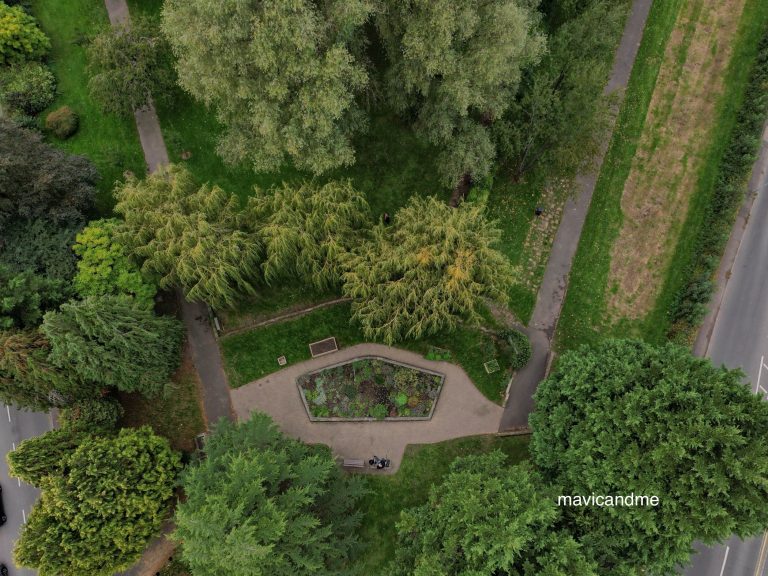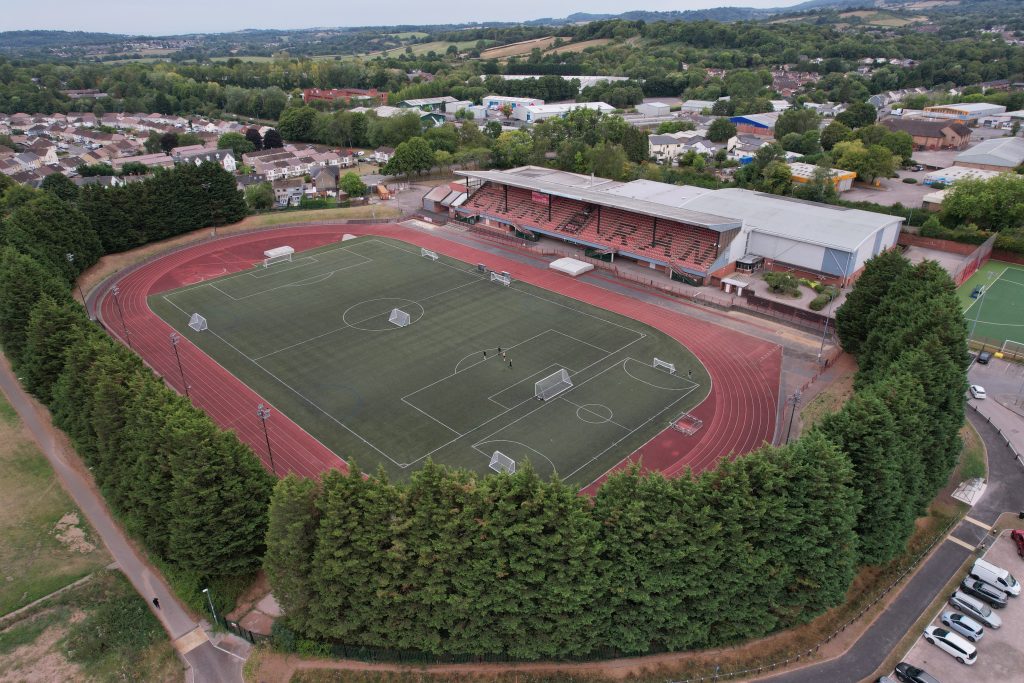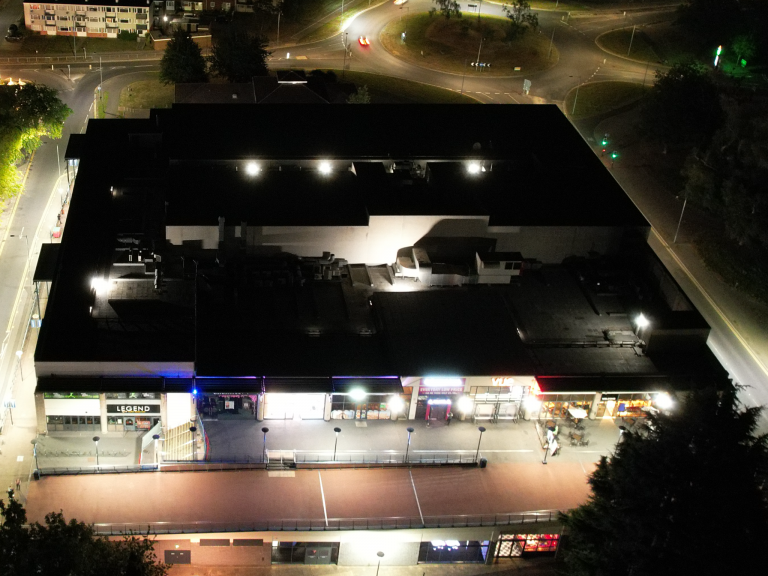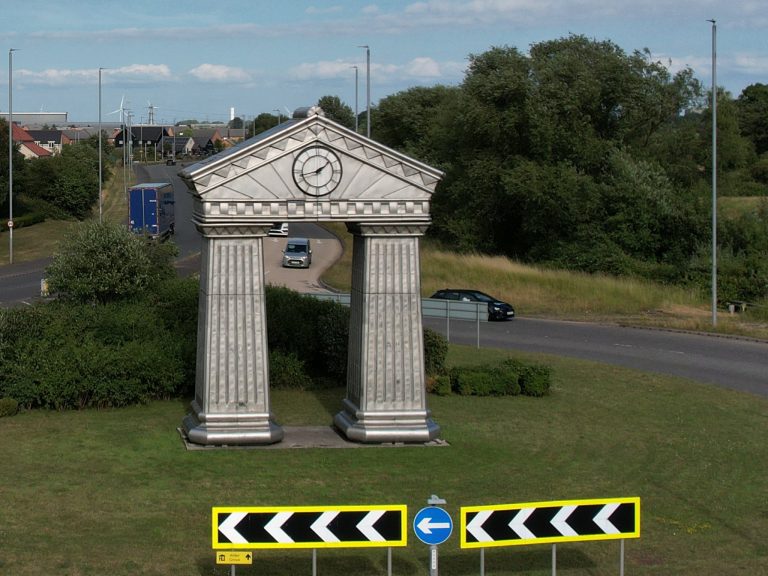Through our research, we are pleased to say that this country Does Accept (UAV) Drone Flights. Mavic and me are so concerned about UAV safety, it’s on the top of our priority list. We never take no risks or, cut corners if it’s not safe we will not undertake the task.
The rules are a sample from that this country, sometimes I can get things wrong or something changes. If this is the case, please do contact us so that we can update this page.
General Rules for Flying a Drone in Sri Lanka
Before we get into the general rules, it is important to understand that drones a divided into four ‘Mass Categories’ under the current regulatory framework.
| Mass | Category |
|---|---|
| 25 kg (55 lbs) or above | A |
| Above 1 kg (2.2 lbs) but below 25 kg (55 lbs) | B |
| Above 200 g (0.44 lbs) but at or below 1 kg (2.2 lbs) | C |
| 200 g (0.44 lbs) or below | D |
The individual categories are subject to their own compliance requirements, more details on this can be located in the ‘Limitations on Operations’ section in the CA-IS-2017-GEN-001 Implementing Standards document.
- Any drone (regardless of mass category) that is equipped with any data capturing sensors (i.e. Cameras), which could potentially pose a safety or security threat shall not be flown without prior authorisation from the local Police in charge of that area.
- Prior authorisation from the local Police is not required if the operator has obtained written approval from the airport within that region or the aircraft is operated under the supervision of an authorised person from the CAASL.
- Category A & B drones that are equipped with any data capturing sensors must be registered with the CAASL.
- A Category C drone that is not equipped with any data capturing sensors must registered with a certified vendor.
- A Category D drone that is not equipped with any data capturing sensors is exempt from the requirement for registration.
- Drone’s are prohibited from operating at speeds above 87 knots (100 mph).
- The remote pilot must maintain visual-line-of-sight (VLOS) and remain aware of the surrounding environment at all times.
- A drone operation should not be conducted during inclement weather or when visibility is less than 5 km (3-miles).
- Only one drone can be operated at the same time by the same remote pilot.
- Operating a drone from a moving vehicle, boat, or any other moving platform is prohibited.
- Remote pilots must ensure that they always give way to all manned aircraft and any other manned vehicles.
- A drone should always stay clear of people, birds, or property.
- Drones are not permitted to operate at night from 20-minutes after sunset to 20-minutes before sunrise.
- Insurance is required for drones that fall into Category A, B, or C.
- Operating within the territorial waters of Sri Lanka without prior authorisation is prohibited.
- Without prior ATC authorisation, a drone cannot operate within Class C, D, or E airspace or within 5-miles of any airport.
Drone Registration
- With the exception of a Temporary Certificate, an Unmanned Aircraft Registration Certificate is valid for two years and then it must be renewed.
- The operator of the drone is required to carry their Registration Certificate at all times during an operation.
- Drones that are equipped with any sensors, that could potentially pose a safety or security threat, may be subject to an inspection conducted by the CAASL prior to registration.
- If the drone is no longer operable or will no longer be operated within the country, it must be de-registered by notifying the Director General of Civil Aviation.
Pilot Registration
- A remote pilot who will operate an aircraft in Category A, B, or C, must obtain a registration from the CAASL after the successful completion of a Competency Check, which is conducted by the CAASL or authorised third-party.
- In order to obtain a registration, the operator must be at least 18 years of age, unless authorised by the Director General of Civil Aviation in writing.
- A remote pilot operating an aircraft in Category A, B, or C is required to renew their Authorisation Certificate every two years.
- Only citizens of Sri Lanka can apply for a normal registration, non-citizens are eligible to apply for a Temporary Registration.
Identification Stamp
- Category A, B, and C drones must carry an identification stamp issued by the Director General of Civil Aviation and must include: registration number, owner’s issued I.D. and emergency contacts.
Commercial Operations
- Commercial operations are not permitted regardless of the mass category without the special authorisation from the Director General of Civil Aviation.
For more information on Sri Lanka’s drone laws, see this page on the CAASL website.




